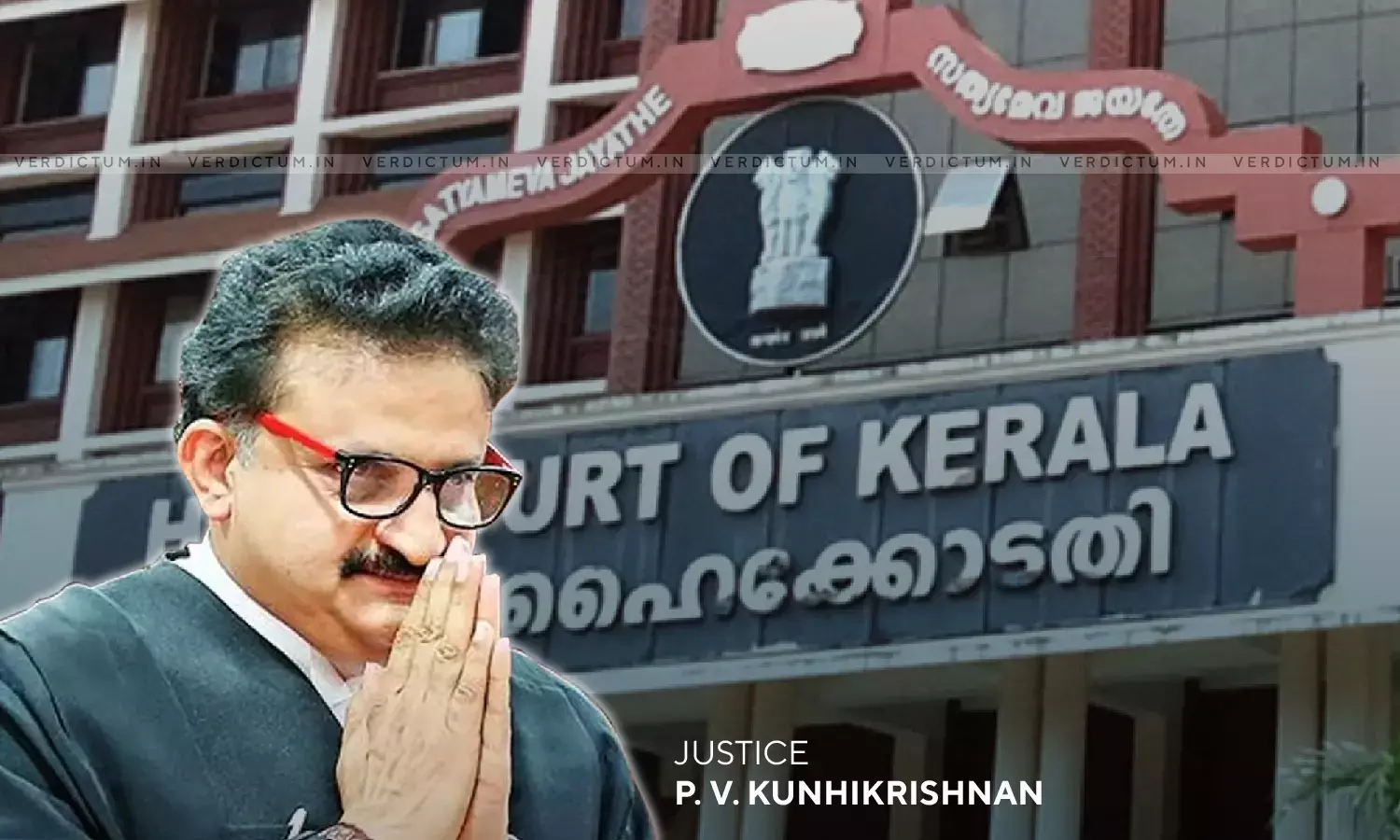Don't Comment On Judgements Without Reading Them First: Kerala High Court

The Kerala High Court today said that there was a "trend", especially among a section of lawyers, of interpreting judgements and commenting about them, on social media or to the press, without reading the same, and suggested that verdicts be criticised after going through them.
The observation and the suggestion from Justice P V Kunhikrishnan were made in the judgement dismissing a plea alleging that Malayalam mystery horror film 'Churuli' contains obscene and vulgar dialogues and seeking its removal from OTT platform Sony LIV where it was released on November 19, last year.
Referring to an interim order passed by the Court during pendency of the plea, Justice Kunhikrishnan said that while the January 7 order was published correctly in almost all print and electronic media, the social media interpreted it in a different manner.
On January 7, the Court had observed that before taking a decision on the petition, it would be beneficial to get the opinion of the State Police as to whether there was any violation of laws which deal with public order, decency and morality and also if any criminal offence was made out.
"But I am told that the social media interpreted the said order in such a way that this Court directed the police to find out whether there is foul language in 'Churuli' film! If this is correct, it is clear that the same is even without reading the order passed by this Court," the Judge said.
The Court said that this was how social media forums were misused by a section of society.
"Similarly when a court delivers a judgement in a case, even before the judgment reaches the public, the criticism starts. It is surprising to see that a few lawyers are making comments about judgements of the court of law even without reading the judgements", the Court said.
"The lawyers should be the mouthpiece of the judiciary. A fair criticism about a judgement is always acceptable. But only after reading the judgment. Such a culture is to be developed for which the lawyer community has got a pivotal role. It is now a trend for a minority of the lawyers' community to make comments about a judgement even without reading the judgments," the Court noted.
The Court further said that when journalists from print or electronic media ask a lawyer at 11.05 AM about a judgement delivered at 11.00 AM, the lawyer will say he/ she has not read the order, but can make comments based on the available news reports.
How can a lawyer make such comments without reading the judgement? He can simply say that I will read the judgment and will come back to make comments if necessary. If such a stand is taken, no media person will say that he should make comments even without reading the judgment, the Court asked.
"The lawyers should show the path to the society about the manner in which a judgement of a court is to be dealt with and how a judgement is to be criticised if it deserves such criticism," the Court said.
It further said that if the lawyers started to comment about a judgement without reading it, "nobody can blame the poor citizens who make comments about judgement and judges on social media".
"As I said earlier, the Bench and Bar are two sides of a coin. They should protect the interest of the judiciary. The judges may come and go. But the Judiciary should stand. The lawyers are part and parcel of the judiciary. Anyway I leave it to the conscience of all lawyers," the judge said.
With PTI inputs

